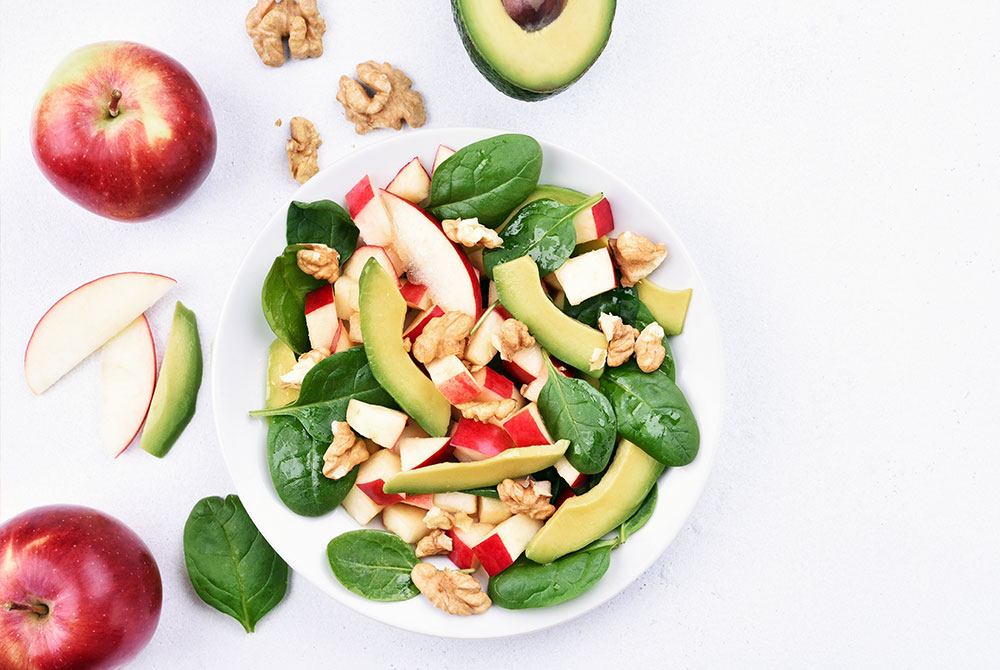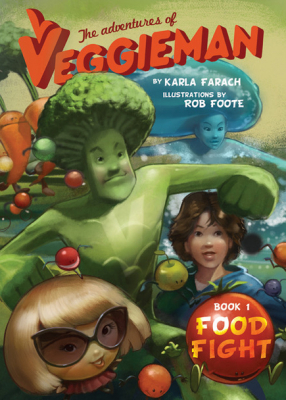
One of the biggest challenges we hear from parents is helping their children break free from the addictive cycle of eating junk food. More and more children are reaching for these “comfort foods” due to increased stress, anxiety, and isolation from the pandemic, with more than one-third of kids consuming fast food daily. In this article, we dive into what makes junk food so addictive and how these foods “control” children.
When we use the term junk food, we are referring to highly processed food-like substances and drinks that are low in nutrients such as vitamins, minerals, and fiber and high in calories, saturated and trans fat, added sugars and salt. Common examples include potato chips, pizza, soft drinks, energy drinks, sports drinks such as Gatorade, fruit juices, cookies, breads, cereals, candy, condiments, ice cream, and fast foods. Many of these processed foods are also full of chemicals, preservatives, artificial colors and flavors, some of which have been linked to a variety of behavioral and health problems in children, such as hyperactivity. Some of the most common problematic food preservatives, artificial colors, and additives include high fructose corn syrup, aspartame, salt, monosodium glutamate (MSG), nitrites, sulfites, benzoates, carrageenan, red, yellow, and blue dyes. Other countries, including the United Kingdom, have banned some of these artificial ingredients from food manufacturing due to adverse health effects.
The problem is that junk food is highly addictive AND extremely profitable, besides contributing to many health issues, such as attention deficit hyperactivity disorder (ADHD), depression, anxiety, poor self-esteem, acne, dental cavities, sleep issues, obesity, type 2 diabetes, and cardiovascular disease. Americans spent nearly $300 million this year on snacks and candy alone. The nation’s food industry spends an average of $1.8 billion per year in youth-targeted marketing that is higher in calories, total fat, saturated fat, sugar, and sodium compared to food products marketed to adults. Fruits and vegetables received only 0.4 percent of all youth-targeted marketing expenditures. With more than half of daily calories eaten in the United States coming from highly processed foods, it’s clear that this “convenient fast food” is affecting the way children think, interact, and function. So, why is this junk food so addictive and difficult to break free from?
When you eat highly processed foods, your brain’s reward system releases a chemical called dopamine, which contributes to feelings of pleasure and happiness. Known as the “feel good” chemical, dopamine motivates us to eat food and engage in satisfying behaviors. The more frequently junk food is eaten, the more you crave it due to the release of dopamine. As the cycle of eating junk food continues, you become more tolerant to dopamine, meaning your body craves more and more in order to get the same rewarding effects. This leads to an addictive cycle of withdrawal symptoms, overeating, and obesity. In fact, withdrawal symptoms from junk food are similar to withdrawal symptoms from caffeine, nicotine, alcohol, and drugs such as heroin and cocaine. These symptoms may include anxiety, brain fog, headache, concentration issues, fatigue, depression, irritability, increased cravings and disrupted sleep. Research shows that eating healthier foods, such as vegetables, do not activate the brain’s reward system in the same way that junk food does.
In addition to the connection between junk food and dopamine, the gut also plays a role in food cravings. In fact, 50 percent of dopamine is synthesized in the gut. A healthy gut is made up of about 100 trillion good and bad bacteria, known as microbiota. This microbiota changes as a result of our diet and lifestyle, among other factors, and the gut can end up with an imbalance of more bad bacteria than good. This bad bacteria can contribute to cravings and actually feeds off of junk food. Thus, this unfriendly gut bacteria is another part of the addictive cycle of junk food – eating it feeds the bad bacteria that in turn contributes to more cravings! In addition, an imbalanced gut also contributes to an increased risk of chronic diseases, behavioral and mood disorders, and more.
Have you noticed how these junk foods “control” your child? You may have observed emotional or binge-eating, loss of control over eating, preoccupation with food, or emotional fits when junk food is unavailable or withheld. Maybe you’ve even seen your child struggle with some of the withdrawal symptoms above. The addictive nature of junk food has been researched extensively – it’s important to understand that it’s not a problem of willpower – there are real physiological reasons related to junk food addiction and cravings.
If you’re concerned that food addiction is a problem for your child, these questions may be helpful:
- Your child eats certain foods even if he/she is not hungry
- Your child is fatigued, irritable, anxious, or depressed from overeating
- Your child is coping with negative feelings through eating certain foods
- Your child experiences withdrawal symptoms when not eating these foods
- Issues related to food and eating decrease your child’s ability to function well
- Your child needs more and more foods he/she craves to experience happiness or reduce negative emotions
Now that you have a better understanding of how addictive junk food is, here’s the good news…
The cravings and withdrawal symptoms will disappear once the junk food cycle is broken and replaced with healthy, nutrient-dense whole foods! Click here to learn about our top 5 Tips to Help Children Break the Junk Food Cycle.










